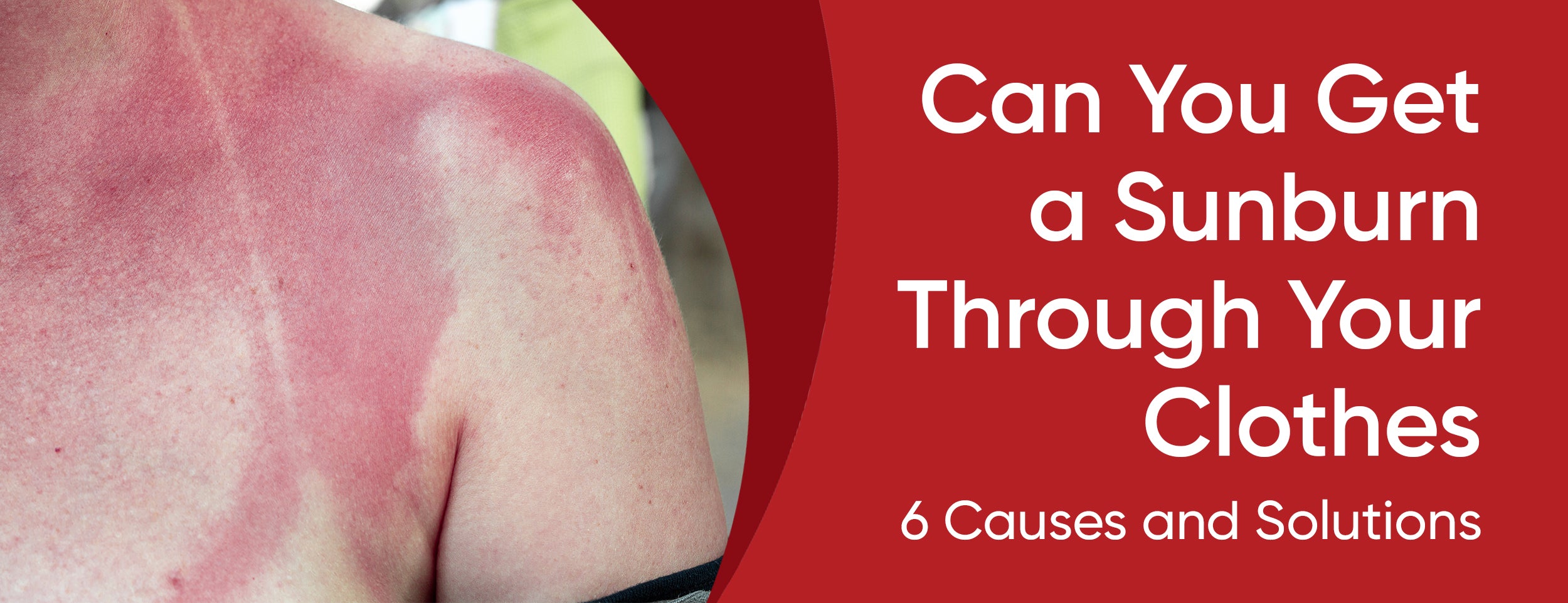Magnesium is usually not one of the first minerals that come to mind. Most people must know magnesium's crucial role in skin protection, hydration, wound healing, and anti-inflammatory properties.
Magnesium can help significantly with hyperpigmentation and sun damage. In a small human study, magnesium chloride topical treatment reduced skin inflammation post-UVB radiation.
In this blog post, we'll take a closer look at the benefits of magnesium for skin health and explore whether or not it's an effective treatment for sunburn.
Is Magnesium Good for Sunburn: 11 Benefits

Incorporating magnesium into your skincare routine can bring several advantages, thanks to its multifaceted role in promoting skin health. Let's delve into the benefits of magnesium for your skin:
Magnesium's Role in Skin Protection
Magnesium plays a vital role in protecting the skin from harmful UV rays. Here are some ways magnesium protects your skin:
- Magnesium helps to regulate the skin's natural defense mechanism, preventing damage from UV radiation.
- It also helps to strengthen the skin's barrier function, reducing the risk of inflammation and redness caused by sunburn.
- Magnesium has been shown to increase the skin's hydration levels, enhancing its ability to protect against UV damage.
Magnesium's Anti-Inflammatory Properties
One of the most significant benefits of magnesium for sunburn-prone skin is its powerful anti-inflammatory properties. Here are some ways magnesium can help reduce inflammation:
- Magnesium helps to regulate the production of cytokines, which are molecules that trigger inflammation in the body. By reducing cytokine production, magnesium can help reduce inflammation and redness in sun-damaged skin.
- Magnesium also activates several critical enzymes in reducing oxidative stress and inflammation in the body. This is why magnesium is often used as a natural anti-inflammatory supplement.

Magnesium for Skin Hydration
One of the most common symptoms of sunburned skin is dehydration. Magnesium can help rehydrate your skin, reducing dryness and flakiness. Magnesium can help you hydrate your skin:
- Magnesium regulates the skin's natural barrier, keeping moisture and pollution out.
- It also increases the production of natural moisturizing factors (NMFs), which help to lock in moisture and keep the skin hydrated.
- Magnesium can also improve the skin's lipid barrier function, enhancing its ability to retain moisture.
Magnesium for Wound Healing
Magnesium can also help the skin heal faster after sunburn or other skin damage. Here are some ways it does this:
- Magnesium activates fibroblasts, cells that are critical in repairing damaged skin tissues.
- It also increases collagen production, which helps to strengthen the skin and speed up the healing process.
- Magnesium can also improve blood circulation to the skin, which delivers essential nutrients and oxygen to help repair damaged tissues.
Is Magnesium Good for Sunburn: Mechanism
While there are numerous ways to prevent and treat sunburn, recent studies have shown that magnesium may have a positive effect on both prevention and recovery. Here, we delve into the mechanism of sunburn and magnesium's development, as well as explore its potential benefits in preventing and aiding in sunburn recovery.
Mechanism of Sunburn and Magnesium's Effect

When we expose our skin to the sun's harmful ultraviolet (UV) radiation, it causes damage to our skin cells. This triggers our body's immune system to respond by creating inflammation, which causes the redness, pain, and swelling we experience as sunburn. However, magnesium can help combat sunburn in several ways:
- Acting as a natural sunscreen: Magnesium ions have been found to absorb UV radiation, protecting skin cells from damage.
- Reducing inflammation: Magnesium has anti-inflammatory properties, which can help minimize the inflammatory response triggered by UV exposure.
- Promoting DNA repair: Magnesium is involved in several processes related to DNA repair, which may help prevent long-term damage caused by sun exposure.
Preventing Sunburn with Magnesium
While magnesium may offer some protection against sunburn, it's important to note that it should not be used as a replacement for sunscreen or other sun protection measures. However, incorporating magnesium-rich foods into your diet or taking a magnesium supplement may help support overall skin health and reduce the severity of sunburn if it does occur.
Some magnesium-rich foods include:
- Leaves are found in greens like spinach and kale.
- Pumpkin seeds and almonds are nuts and seeds.
- You can eat brown rice and quinoa whole grains.
- Contains black beans and chickpeas as legumes.
- A good source of fat is salmon and mackerel.
- Dry-roasted cashews.
- Chopped and cooked broccoli.

Magnesium and Sunburn Recovery
If you get sunburned, magnesium may also aid in the recovery process. Here's how:
- Relieving pain: Magnesium has been shown to have pain-relieving properties, which can help ease the discomfort associated with sunburn.
- Replenishing electrolytes: Sunburn can lead to dehydration and a loss of electrolytes. Magnesium is an important electrolyte that can help replenish what's lost.
- Promoting healing: Magnesium involves several processes related to tissue repair and wound healing. This may help speed up the recovery process and prevent long-term damage.
Magnesium Good for Sunburn: 3 Different Ways to Use
Magnesium has anti-inflammatory properties and can help reduce the swelling, redness, and pain associated with sunburn. Let's explore the various ways magnesium can alleviate sunburn symptoms.
Applying Magnesium Oil to Sunburn
Magnesium oil can be applied topically to sunburned skin to provide relief. Here's how to do it:
- Clean the sunburned area thoroughly before applying the magnesium oil.
- Using a dropper or spray bottle, apply a liberal amount of magnesium oil to the sunburned area.
- Use gentle, circular motions to massage the oil into the skin.
- Let the oil absorb for a few minutes before putting on clothing or applying additional skincare products.
Magnesium Body Butter as a Sunburn Relief
If you're looking for a more all-over solution to sunburn relief, magnesium body butter could be a great option. Here's why:
- Magnesium body butter contains a higher magnesium concentration than other topical remedies.
- The added ingredients, such as coconut oil and cocoa butter, can help to hydrate and soothe the skin.
- The buttery texture makes it easy to apply to larger areas of sunburned skin.
Benefits of Magnesium Butter for Sunburn

Magnesium butter is another great option for soothing sunburned skin. Here are a few benefits of using magnesium butter for sunburn:
- The combination of magnesium and shea butter can help to moisturize and nourish the skin.
- Magnesium butter has a creamy texture that melts into the skin, providing a cooling sensation.
- Shea butter contains vitamins A and E, which can help to promote healing and reduce inflammation.
Magnesium Spray for Sunburn
Magnesium spray is a quick and easy way to alleviate sunburn symptoms. Here's how to use it:
- Spray a liberal amount of magnesium spray onto the sunburned area.
- Gently massage the spray into the skin.
- Wait, a few minutes before applying for any additional products.
Magnesium and Sunburn: 12 Possible Side Effects
Before you use magnesium to soothe your sunburned skin, it is crucial to be aware of its potential side effects that may pose a risk to your health. We will provide you with detailed information on the possible side effects of magnesium.
Magnesium Overdose
Magnesium overdose, also known as hypermagnesemia, occurs when the body has an excessive amount of magnesium. While magnesium is an essential mineral the body requires, it can be harmful when consumed in amounts more significant than the daily required intake. Here are some potential symptoms of magnesium overdose:
- Nausea and vomiting.
- Diarrhea.
- Weakness or fatigue.
- Irregular heartbeat.
- Low blood pressure.
- Kidney damage.
You must seek medical attention immediately if you experience any of the above symptoms.

Possible Drug Interactions
Magnesium can interact with certain medications, which can lead to adverse effects. It is crucial to take caution when consuming magnesium while taking other medications. Here are some drugs that can interact with magnesium:
- Antibiotics such as tetracycline and ciprofloxacin.
- Blood pressure medications such as ACE inhibitors and diuretics.
If you are taking any medications, it is best to consult with your doctor before consuming magnesium.
Individuals at Risk of Magnesium Toxicity
Specific individuals are at a higher risk of magnesium toxicity, and it is essential to be aware of those risks. Here are some people who should use magnesium with caution:
- Individuals with kidney problems.
- Pregnant women.
- Individuals with heart or cardiovascular disease.
- People who consume alcohol excessively.
It is essential to be mindful of these risks and consume magnesium supplements in moderation, if at all.
Conclusion
Magnesium is a mineral that might not be the first thing that comes to mind when you think of skincare. Still, its benefits go far beyond what most of us imagine. We have shown that magnesium plays a significant role in protection, hydration, and wound healing, and it is also excellent for sunburn.
By understanding how magnesium can benefit the skin, you might be one step closer to better caring for your skin. While we've discussed the potential side effects of magnesium and identified individuals at risk for magnesium toxicity, using magnesium for sunburn is one of the best-kept secrets in the skincare industry.
So, next time you're lounging in the sun or struggling with sunburn, remember that magnesium might be the solution you've been searching for.



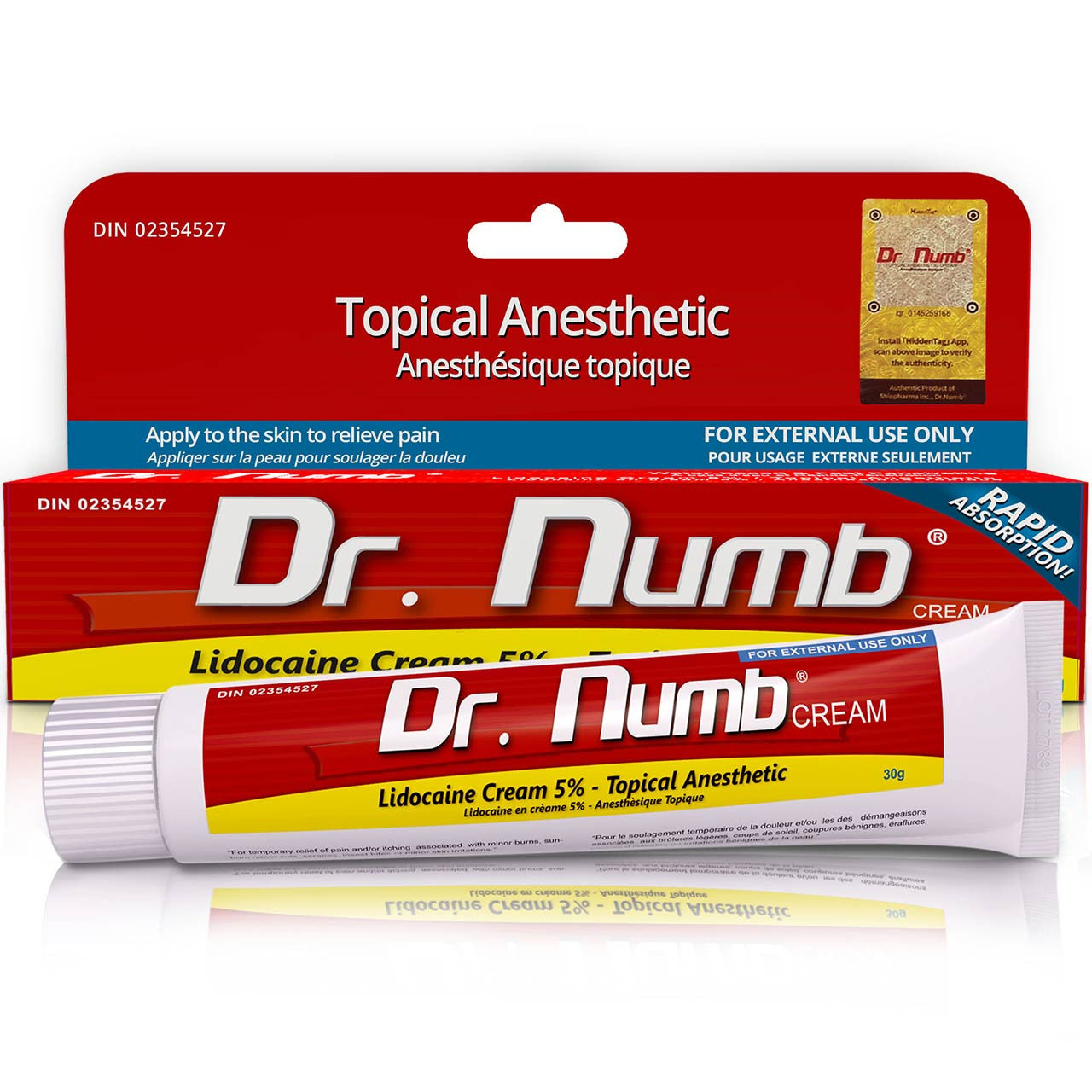
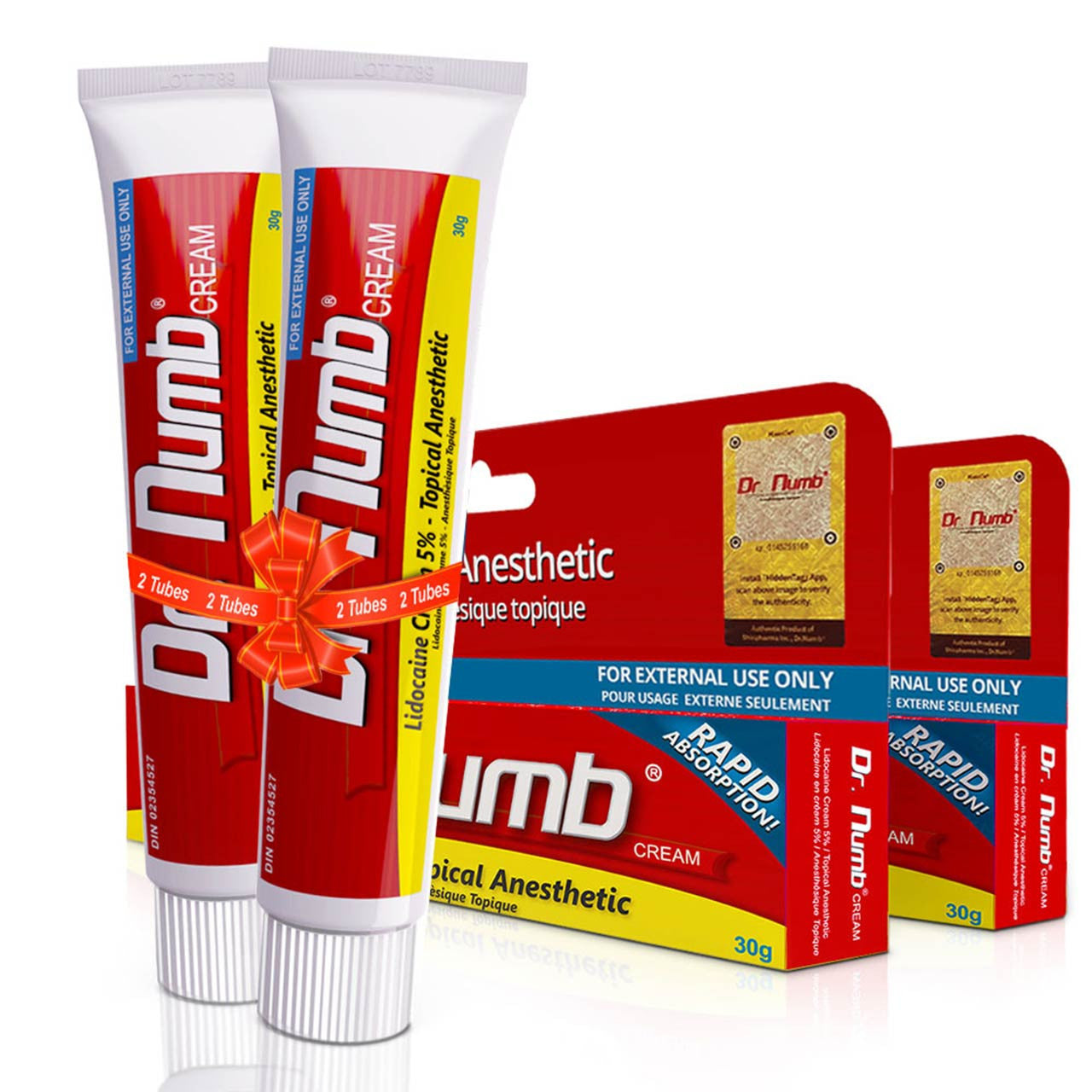
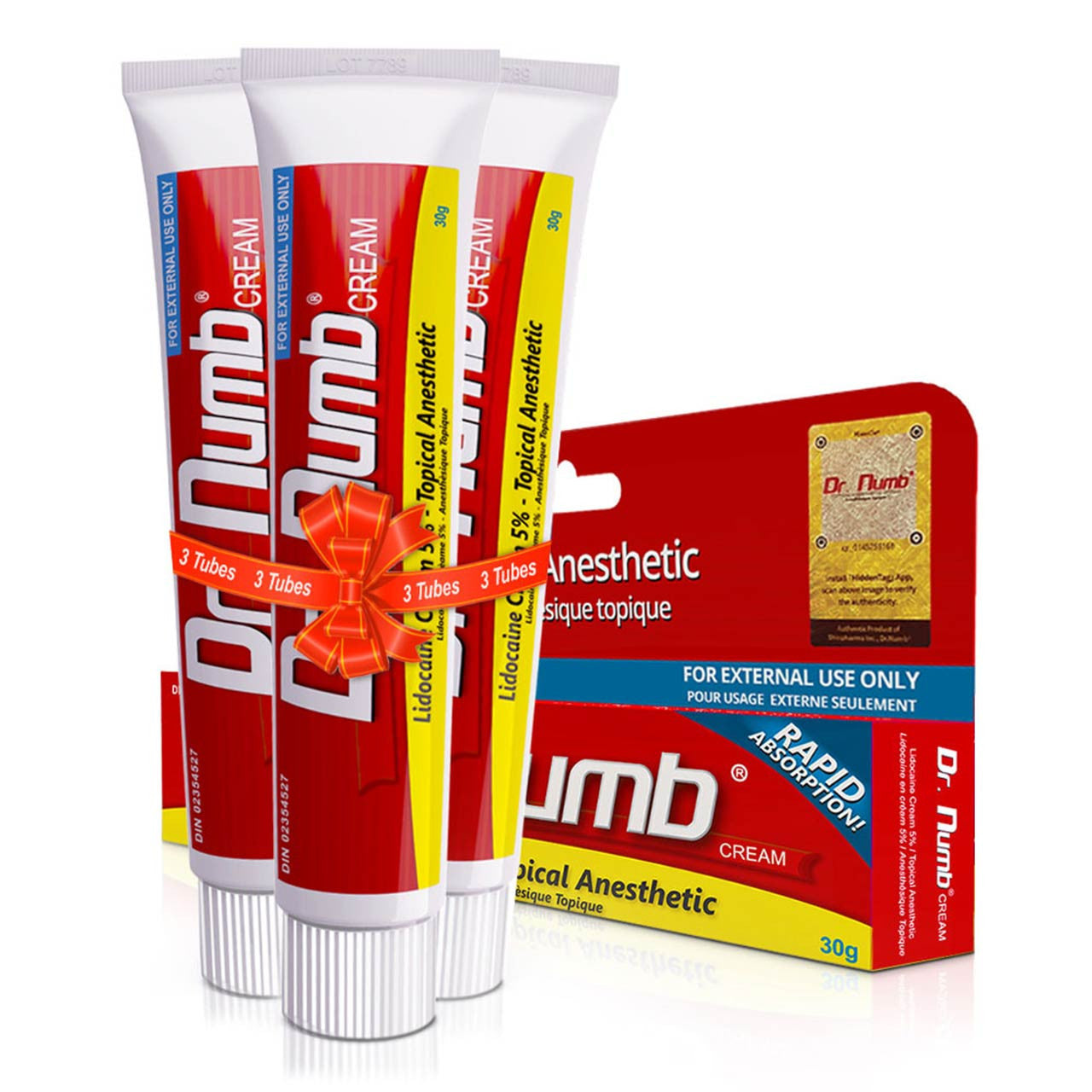
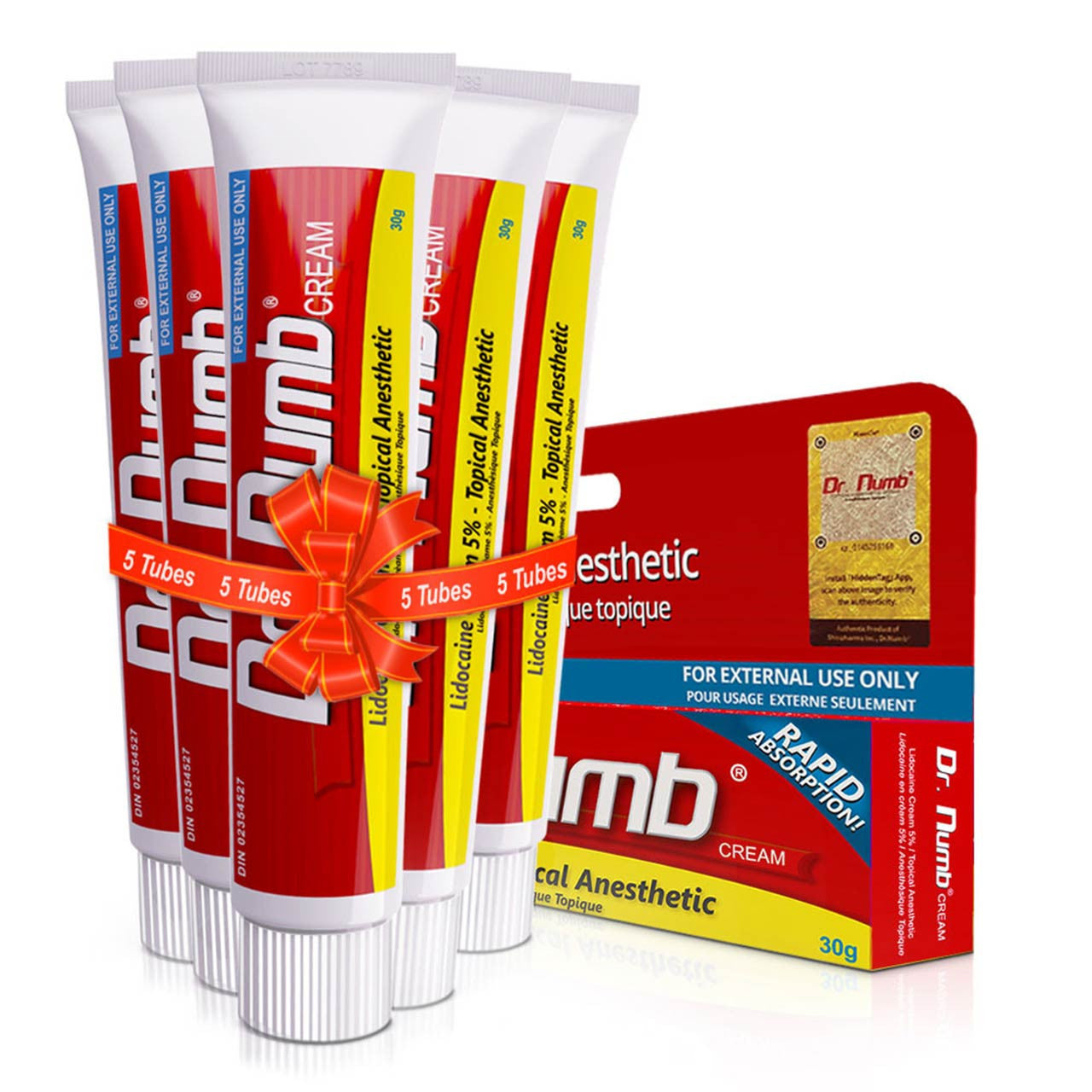
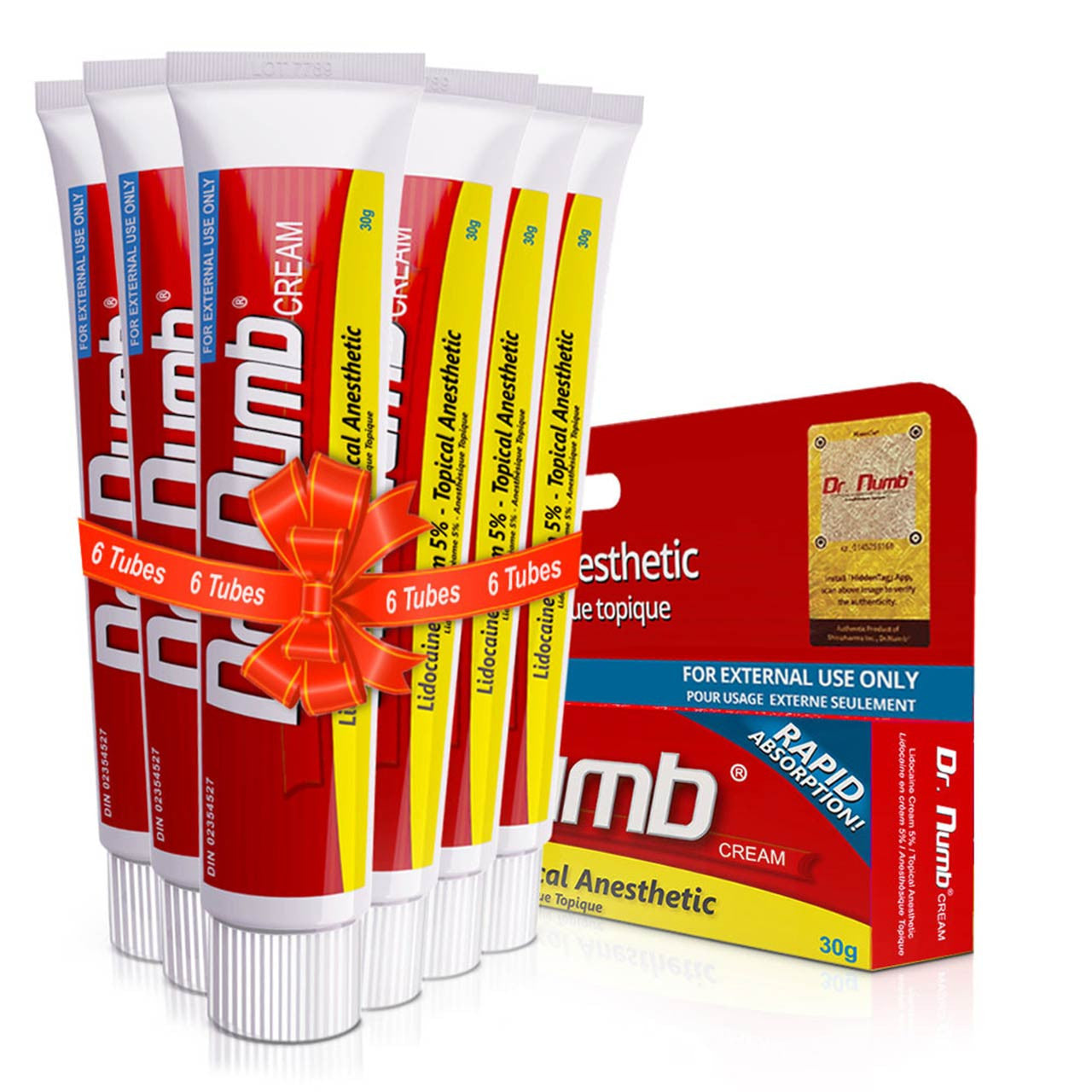
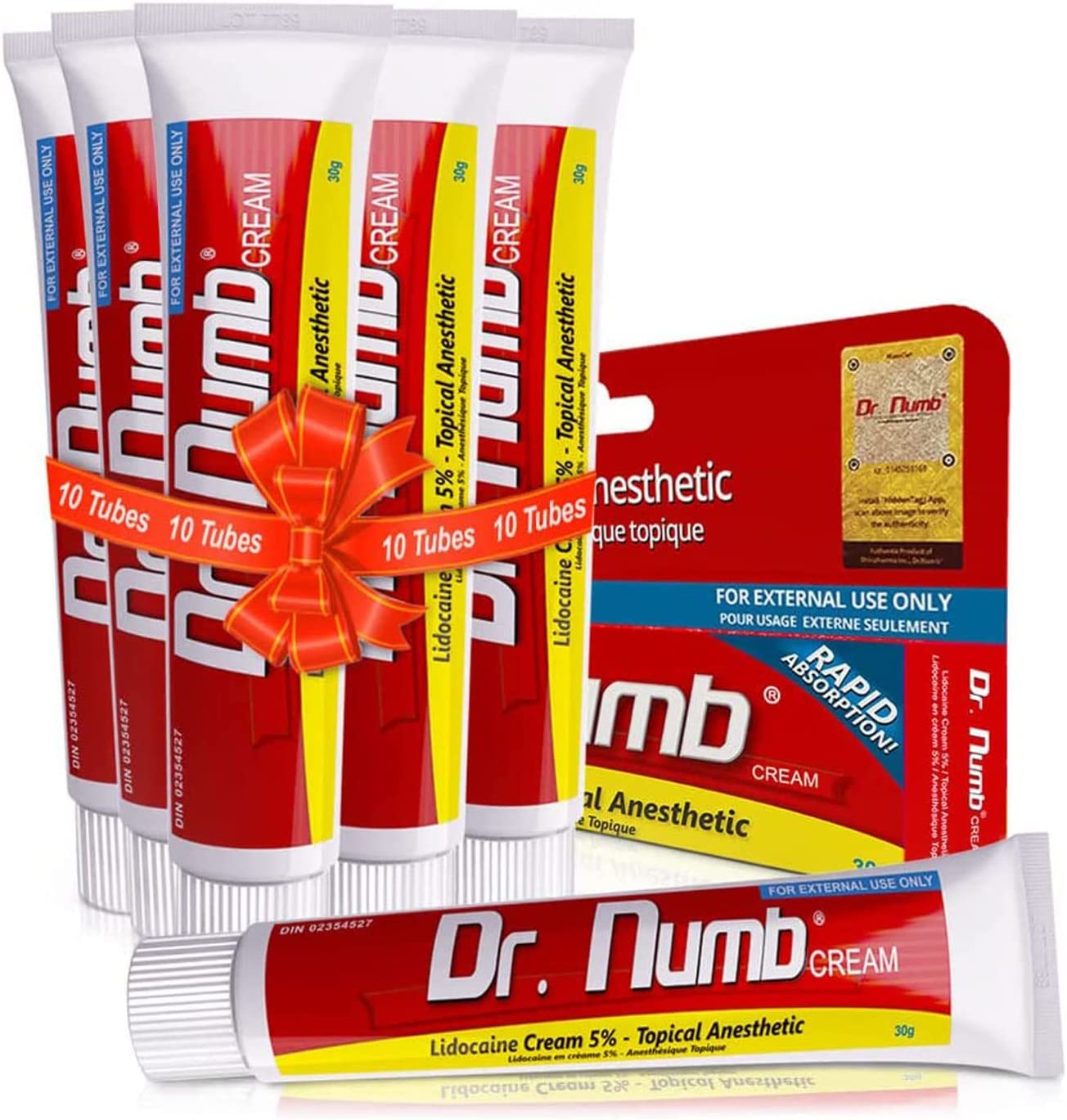
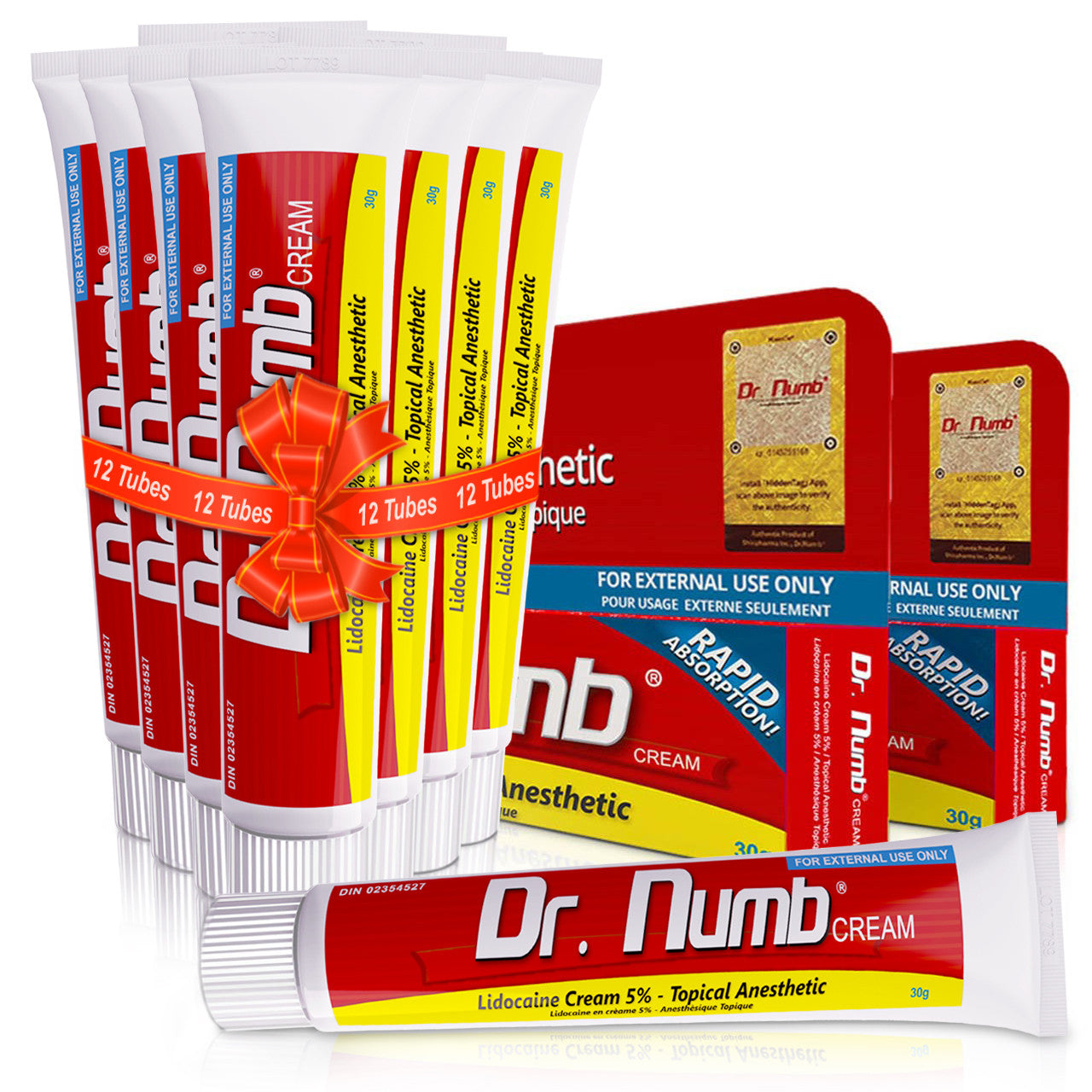




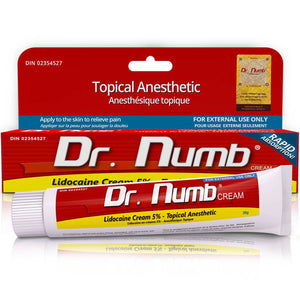
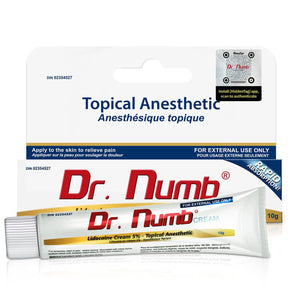

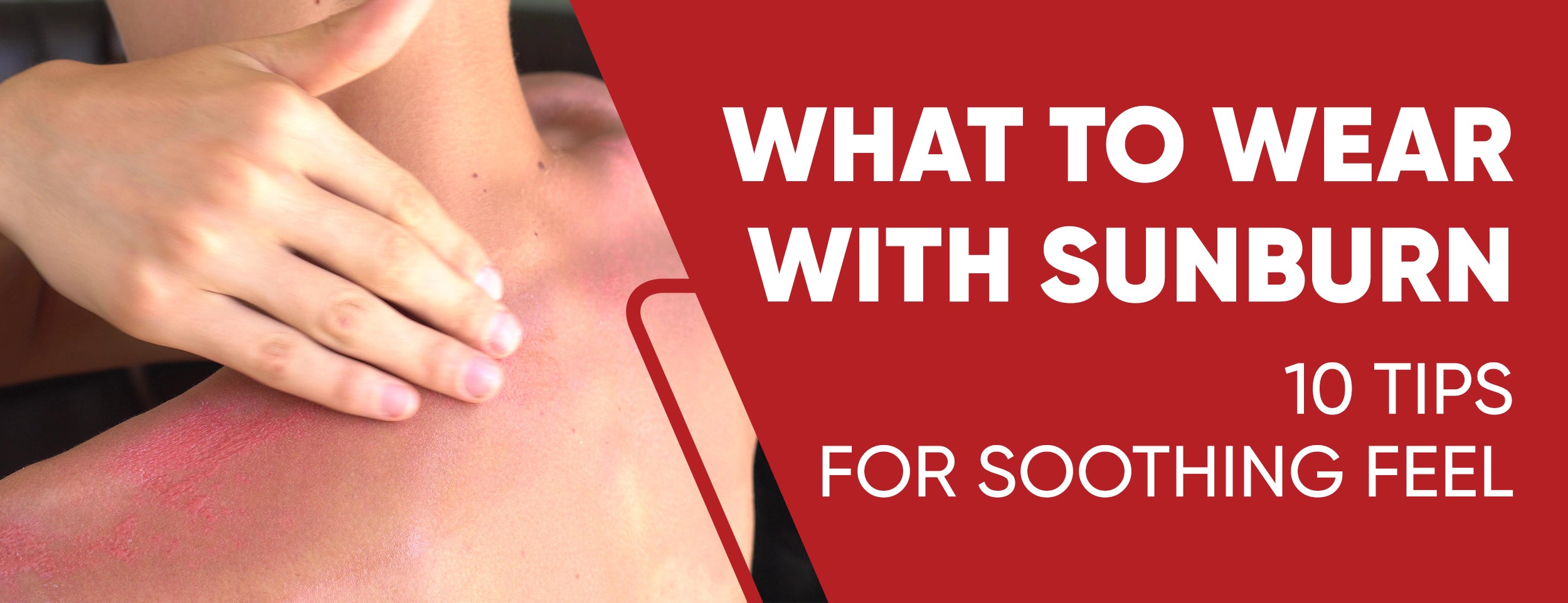
![How to Cover Sunburn With Makeup: 15 Ideas [Easy Solutions]](http://drnumb.ca/cdn/shop/articles/How_to_Cover_Sunburn_With_Makeup__15_Ideas_Easy_Solutions.jpg?v=1705581434)
